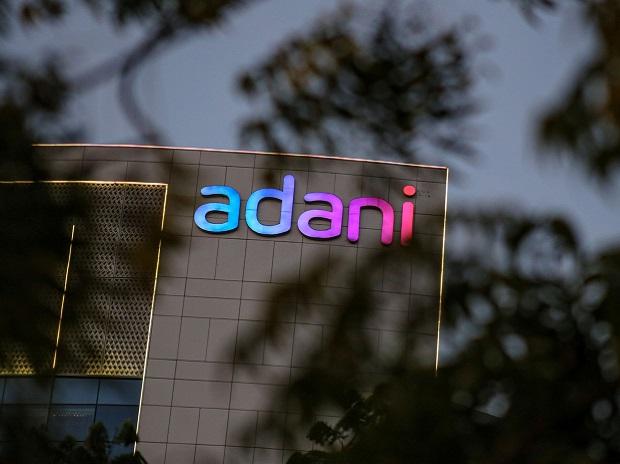Adani Group Loan Repayment: How Do Promoters Raise Money Through Pledging?

Adani Group on Tuesday announced that it has repaid share-based financing worth Rs 7,374 crore and will prepay all such remaining loans by the end of March. The repayment will release the pledge on promoters' shares in four Adani Group companies, Adani Enterprises, Adani Ports, Adani Green Energy and Adani Transmission.
As much as 31 million shares, or 4 per cent stake, of promoters in the group's flagship firm Adani Enterprises Ltd, will be released from pledge while in Adani Ports and Special Economic Zone Ltd (APSEZ), promoters will release pledges on 155 million shares or an 11.8 per cent stake.
In the case of Adani Transmission Ltd, pledges over 36 million shares, representing 4.5 per cent of promoters' holdings, will be released. Similarly, Adani Green Energy Ltd pledges over 11 million shares or 1.2 per cent of promoters' holdings, will be released.
"Along with the repayments done earlier in the month of February, Adani has prepaid $2.016 billion of share backed financing, which is consistent with promoters' commitment to prepay all share backed financing before March 31, 2023," it said.
As of February, the group's net debt stands at Rs 1.89 trillion.
What is share-based financing by pledging?
In the context of the Adani Group, share pledging here refers to the promoters pledging their shares. It is a fund-raising mechanism.
Here, the promoters keep a part of their shareholding with the banks as collateral to get loans. It is used to raise money without diluting their holding in a company.
Despite the shares being pledged, the promoters will continue to hold the stake and maintain their ownership. They will also be eligible to receive the dividend on the pledged shares.
However, pledging may increase the risk of volatility in the company's share price. This is mainly because the price of the collateral depends on the current share price. If the price falls, the promoters would need to produce more assets as collateral.
If they cannot pay the debt obligations, promoters may even be asked to sell a part of their stake to repay.
Also, if the promoters hold a large chunk of the stake, the pledging may lead to higher instability.
In its Financial Stability Report released in December last year, the Reserve Bank of India (RBI) said, "Pledging of shares by promoters could pose a concern in both, falling or rising market scenarios, when large scale pledging of promoter equity could pose concerns for retail investors' wealth."
It added that out of the over 5,000 listed companies in India, promoters of 4,274 companies had pledged all or some of their shares. Of these, promoters of 286 companies had pledged more than 50 per cent of their shareholding. Nearly 90 per cent of these companies belong to the small-cap category.
In some cases, the promoters raise money by pledging their stake and using the loan to buy an additional stake. This could prompt other investors to buy more of the stock.
Stablecoin The Future Of Currency?
The payments system is undergoing a quiet but consequential shift. What was once the exclusive preserve of central banks... Read more
BoE Loosens Capital Rules
The Bank of England has taken a significant step towards easing post-crisis regulation by lowering its estimate of the c... Read more
Monzo Looks For US Banking License
Monzo is preparing a renewed push to secure a US banking licence, four years after abandoning its first attempt when tal... Read more
Crypto Firms Push Into US Banking
America’s cryptocurrency companies are scrambling to secure a foothold in the country’s traditional banking system, ... Read more
Parallel Banking: Stablecoins Are Now Global
Parallel Banking: How Stablecoins Are Building a New Global Payments SystemStablecoins—digital currencies pegged to tr... Read more
JPMorgan Deploys AI Chatbot To Revolutionize Research And Productivity
JPMorgan has deployed an AI-based research analyst chatbot to enhance productivity among its workforce, with approximate... Read more

